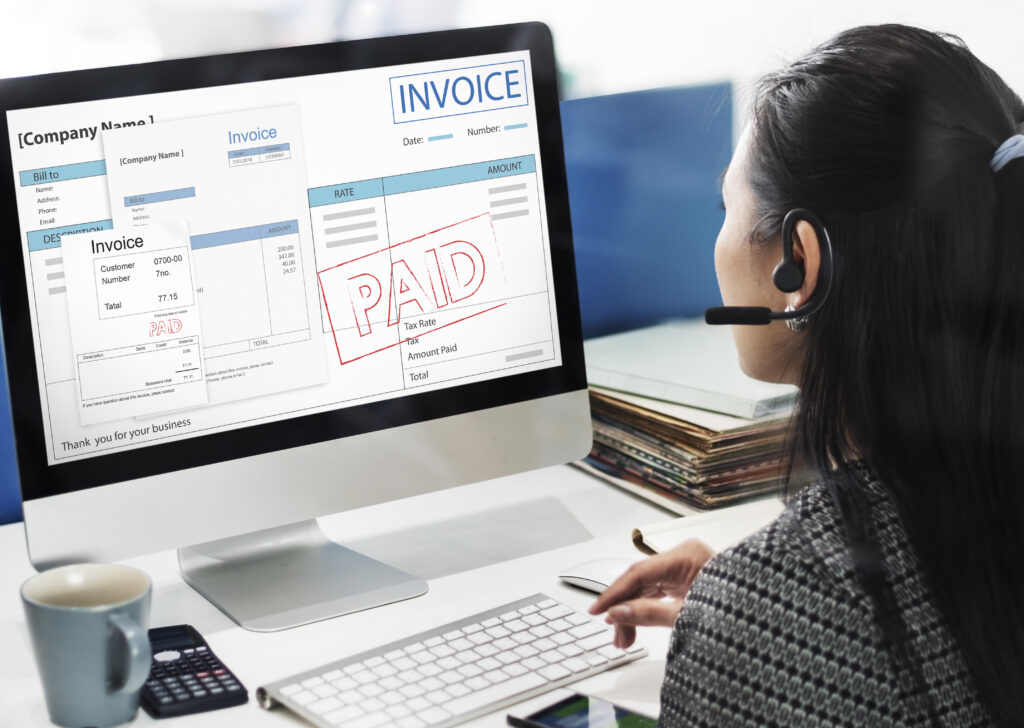How much do Bookkeepers charge? A state-by-state breakdown
How much do Bookkeepers charge? A state-by-state breakdown Back to Articles Ready to Experience the +sup Difference? Join hundreds of businesses that trust us with their financial management. Let’s discuss how we can help your business thrive. Schedule Free Consultation View Our Pricing Plans You’ve realized it’s time to bring in a pro to help manage your company’s financial records. Great move! But now you’re probably asking: “How much do bookkeepers charge, and what kind of service truly fits my budget?” Figuring out the cost of bookkeeping can feel a bit like sifting through fog. There’s a lot of different information out there, and it’s not always clear what applies to your specific business. Plus, there are a few distinct ways to go about hiring a bookkeeper, which can make it tricky to compare apples to apples. Broadly speaking, there are three main paths to getting your books done professionally: bringing someone onto your team in-house, working with a traditional local bookkeeping firm, or partnering with an online bookkeeping service. Let’s break down the key things to think about, and the typical costs, for each option. How much do Bookkeepers charge? A state-by-state breakdown Hiring an in-house bookkeeper means bringing on a full-time employee dedicated to your financial records. The most obvious cost here is their salary, which can swing quite a bit depending on where your business is located. To help you set expectations, we’ve put together a chart below showing the average hourly rate for bookkeepers across different states. Remember, these are state-level averages, so actual rates in your specific city or town might differ. For instance, salaries in big cities like San Francisco or New York typically run higher than in smaller areas within the same state. Interestingly, being in a rural area doesn’t always mean cheaper. In places with fewer qualified financial pros, bookkeepers might charge more due to limited local supply. You’ll also likely pay a premium for someone with industry-specific experience or advanced expertise, whether your business is in a bustling city or a quiet town. Average Bookkeeping Rates by State (Annual & Hourly) State Salary (mean) Hourly (mean) Alabama $42,950 $20.65 Alaska $56,910 $27.36 Arizona $51,930 $24.97 Arkansas $43,320 $20.83 California $59,680 $28.69 Colorado $42,830 $20.59 Connecticut $58,600 $28.18 Delaware $53,490 $25.72 Florida $50,800 $24.42 Georgia $48,850 $23.48 Hawaii $49,590 $23.84 Idaho $48,820 $23.47 Illinois $51,180 $24.61 Indiana $47,930 $23.05 Iowa $48,980 $23.55 Kansas $46,030 $22.13 Kentucky $47,150 $22.67 Louisiana $45,270 $21.77 Maine $51,530 $24.77 Maryland $56,080 $26.96 Massachusetts $58,180 $27.97 Michigan $39,130 $18.81 Michigan $50,070 $24.07 Minnesota $54,190 $26.05 Mississippi $42,860 $20.61 Missouri $51,050 $24.55 Montana $46,630 $22.42 Nebraska $47,160 $22.67 Nevada $52,050 $25.03 New Hampshire $52,070 $25.03 New Jersey $57,480 $27.63 New Mexico $48,300 $23.22 New York $57,950 $27.86 North Carolina $48,170 $23.16 North Dakota $50,070 $24.07 Ohio $49,300 $23.70 Oklahoma $46,400 $22.31 Oregon $52,920 $25.44 Pennsylvania $49,510 $23.80 Rhode Island $55,020 $26.45 South Carolina $47,780 $22.97 South Dakota $44,660 $21.47 Tennessee $48,150 $23.15 Texas $50,180 $24.13 Utah $50,150 $24.11 Vermont $53,250 $25.60 Virginia $50,970 $24.51 Washington $57,650 $27.72 West Virginia $42,120 $20.25 Wisconsin $49,710 $23.90 Wyoming $47,630 $22.90 So, you now have a general idea of what an in-house bookkeeper’s salary might look like, with a few things to keep in mind. However, their hourly wages or salary aren’t the whole picture when you’re hiring an employee. When you’re thinking about bringing on an employee, don’t forget to factor in the cost of benefits (like health insurance or other perks), the extra admin costs that come with managing a larger payroll, and the expenses involved in recruiting (sourcing, interviewing, and onboarding). A common guideline is that the true cost of an employee can be 1.25 to 1.4 times their salary and possibly even higher, depending on your local market conditions. Is hiring in-house bookkeeping services right for you? If you really want a lot of control and direct oversight over how your books are handled, an in-house bookkeeper might be the best route. With a direct employee, you’ll have a say in their daily tasks and can dictate how things are done. However, this comes with a high cost and can take up valuable time for entrepreneurs and business owners. Considering these factors, it’s worth exploring other options, such as a virtual bookkeeper like Sup. We are well-regarded for our excellent service and cost-effective pricing plans. Step 4: Go paperless (seriously!) While you’re catching up on your bookkeeping, make your life much easier by making your business paperless. As you process old paperwork, turn receipts, important documents, and other papers into digital files. Here are some tools that can help you go digital: Shoeboxed: Scans and organizes your receipts, then automatically creates expense reports from what you upload. FileThis: A handy smartphone app for photographing and storing receipts, statements, bills, and other documents online. Evernote’s ScanSnap Scanner: Automatically uploads and stores all scanned documents straight to Evernote. How much does it cost to work with an Online Bookkeeping service? Unlike traditional local bookkeepers, these services aren’t tied to a physical location, meaning you can access expert help from anywhere. Most online providers charge a clear, monthly rate, often based on your business’s needs, with extra costs only for specific services like managing invoices (Accounts Receivable/Payable). This means predictable costs for you, avoiding any surprise hourly fees. For example, Sup offers plans starting from $199/month, providing a cost-effective solution compared to many other virtual bookkeepers in the market, allowing founders to save time and focus on growth. Refer to Sup’s pricing at: +sup | Financial Services & Data Solutions Is an online bookkeeping service right for you? Like a traditional firm, an online provider puts your books in expert hands, without requiring you to spend time on direct oversight. If you want your books handled by a professional with regular, predictable costs, an online provider is a great option. For businesses with more complex structures or more than just a handful of monthly transactions, this can end up being
How much do Bookkeepers charge? A state-by-state breakdown Read More »








